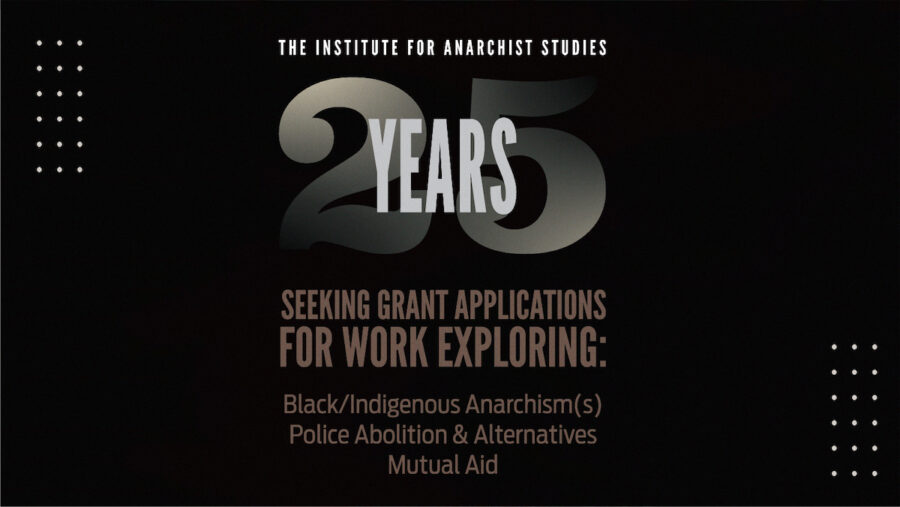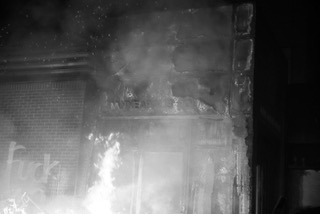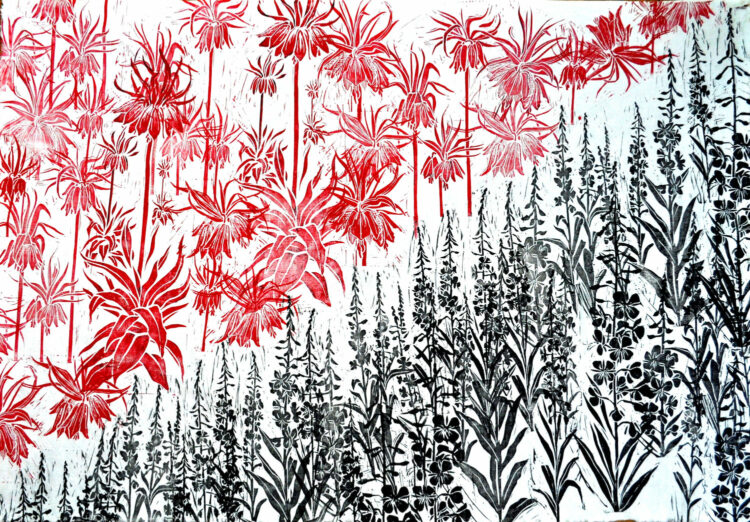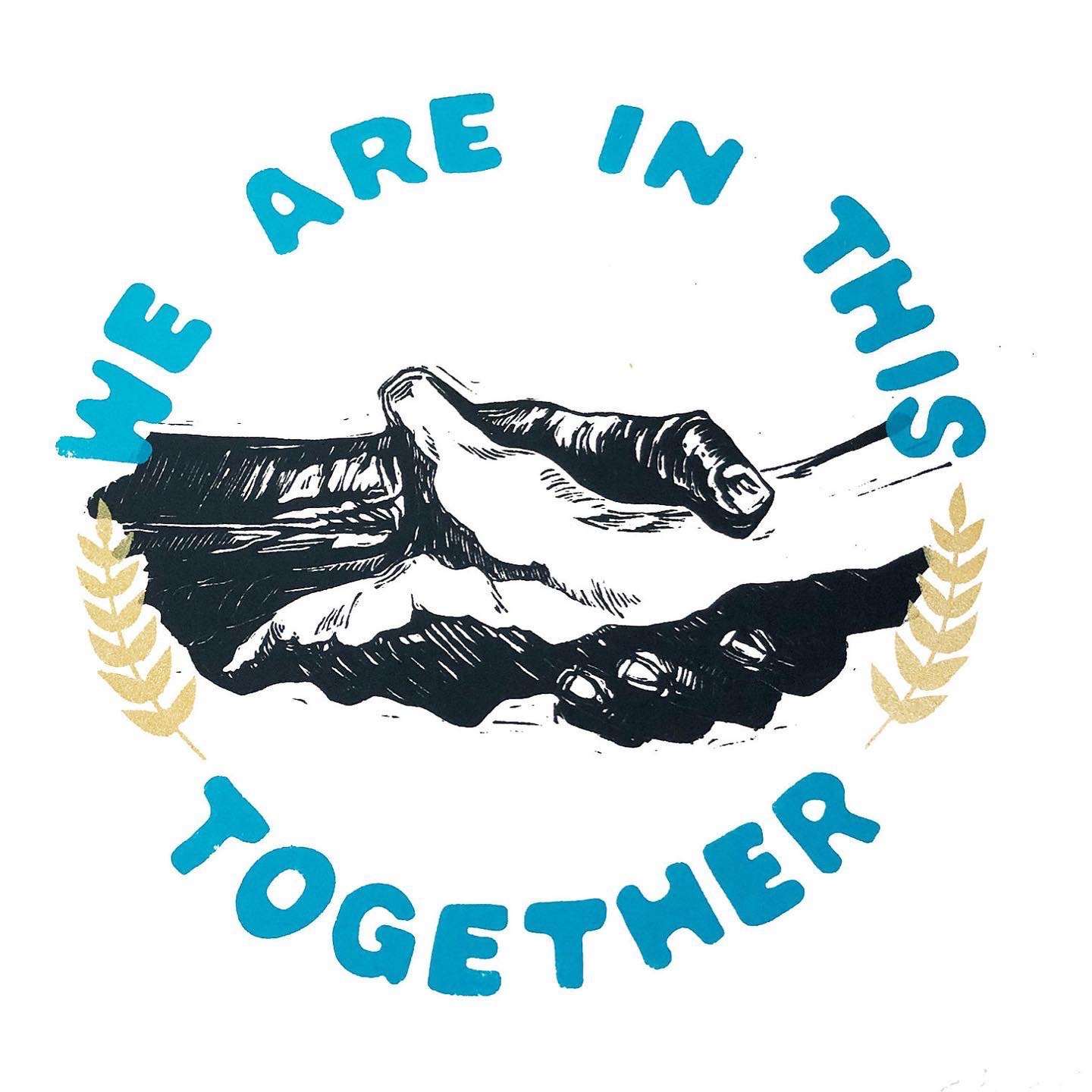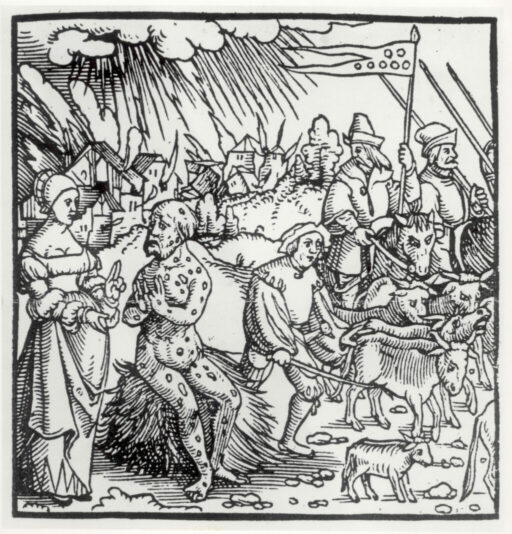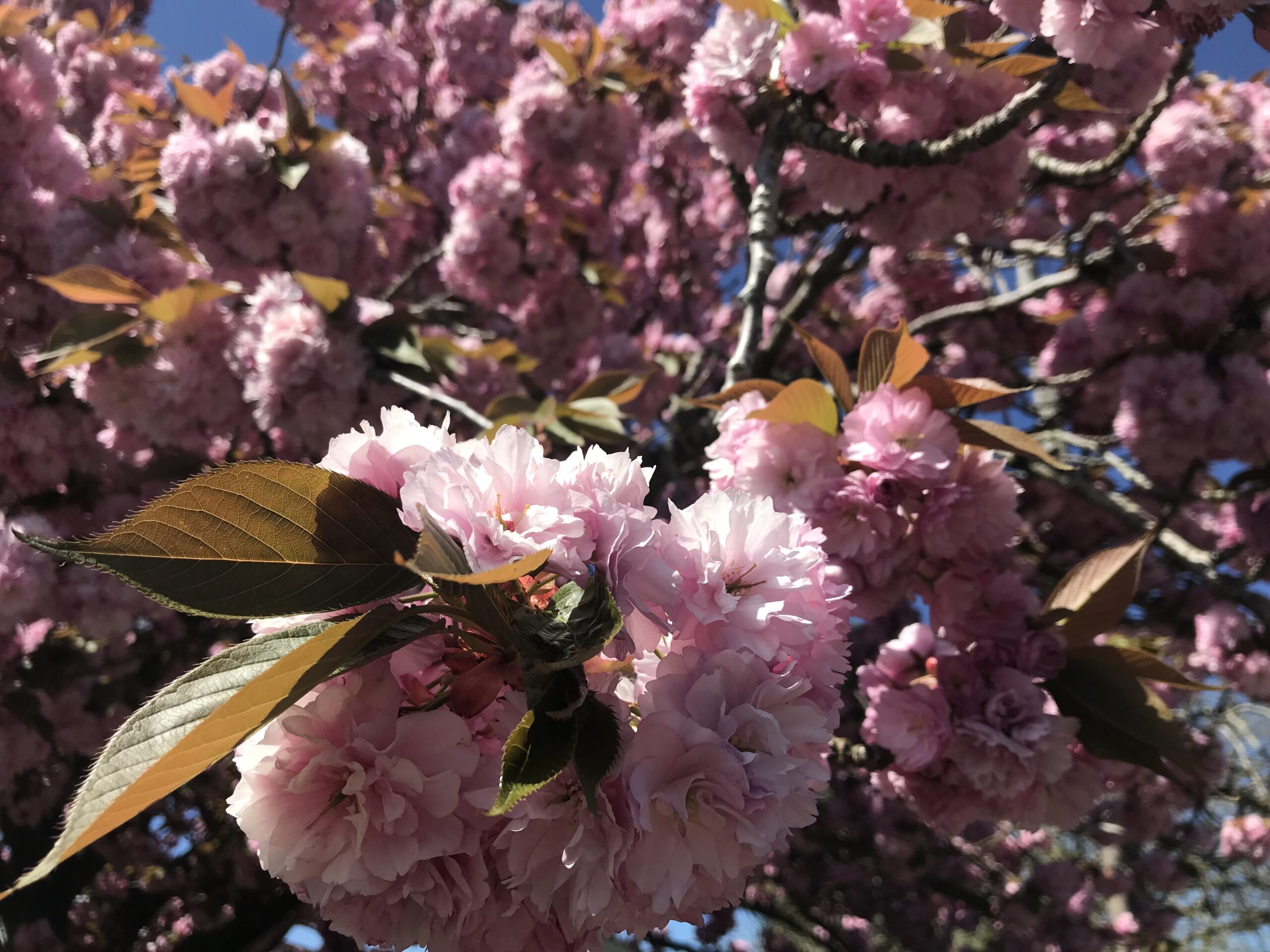Fall 2020 IAS Newsletter
Grant Applications Open! Kicking Off 25 Years The Institute for Anarchist Studies is turning 25 and opening grants! The IAS is dedicated to furthering anarchist ideas and making them accessible to a broader audience. To celebrate a quarter century of supporting radical thought, we are … Read more

